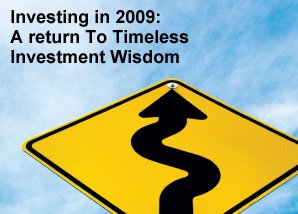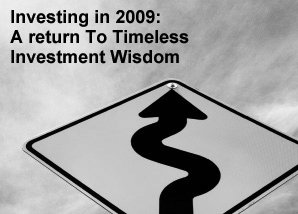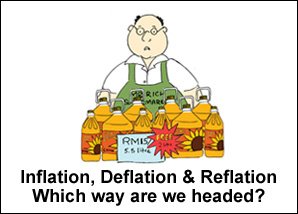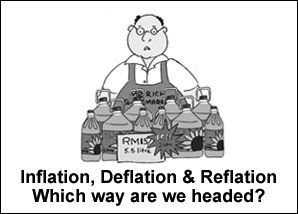Foreign Currency Investment
The old saying goes: Never put all your eggs in one basket. So for the smart investor, the rule of thumb is always to spread your money amongst various investment vehicles ranging from the traditional, like properties and equities to newer options like land banking and even art.
One form of investment that has recently caught on in Malaysia because of the continued liberalisation of our financial and banking system is foreign currency investment1.
As any old hand at foreign currency investment will tell you, it can be an extremely lucrative way to make money on a very fast cycle. However, for every Ringgit (or dollar or whatever currency you choose to invest in) to be made in foreign currency investment, there is a Ringgit to be lost. Investing in the foreign currency market takes skill, patience and experience.
More Than Just Another Investment
While it is true that foreign currency investment is an alternative form of investment that can form part of your overall long-term financial planning strategy, it can also serve for short term or medium term purposes.
If you are a business owner who deals in the import and export of goods, foreign currency investments can be a good option. For example, you can open an account in the foreign currency in which you make the bulk of your transactions and hedge against fluctuations in the exchange rate by keeping money in the account until the rate is beneficial to you.
For parents planning to send their children overseas for education, they could invest in a foreign currency fixed deposit or savings account and perform currency conversions when the rate is right. For example, if you are planning to send your child to Australia, you could invest in an Australian Dollar fixed deposit or savings account and perform currency conversions when the rate is right.
Which Is Mightier?
In Malaysia, there is a selection of foreign currencies which you can invest in such as the US Dollar, Euro, British Pound, Japanese Yen, Singapore Dollar, Chinese Renminbi and New Zealand Dollar. The currency which offers the best returns is naturally dependent on the economic performance of the individual country. With the volatile market conditions, picking a winner may not always be an easy task.
Of course, for some, uncertainty and volatility opens up a world of opportunities – if you make the right pick.
According to a report in HSBC Global Research’s Currency Outlook, July 2010, currencies of emerging markets like Canada, New Zealand, Brazil, Taiwan, India and China should get a lot stronger moving forward. Meanwhile, the weak economic growth, frictions from the US mid-term elections and trade tensions could see the US Dollar weakening.
Historical data since 1983 also suggests that two other currencies to watch out for with the continued weakening of the US economy are the Japanese Yen and Swiss Franc. Both were typically the best performing currencies amongst G10 currencies when US leading indicators declined2.
As with any investment, there are inherent risks involved in foreign currency investments. To find out which foreign investment solution best suits your need – ranging from a foreign currency savings account to foreign currency time deposit account to structured foreign currency investments, speak to your Relationship Manager today.
Source:
1. Bank Negara Malaysia Press Statements Online “Liberalisation of the Foreign Exchange Administration Rules”, 18 August 2010
2. HSBC Global Research, Currency Outlook, July 2010


 LIKE THIS ARTICLE?
LIKE THIS ARTICLE?





















